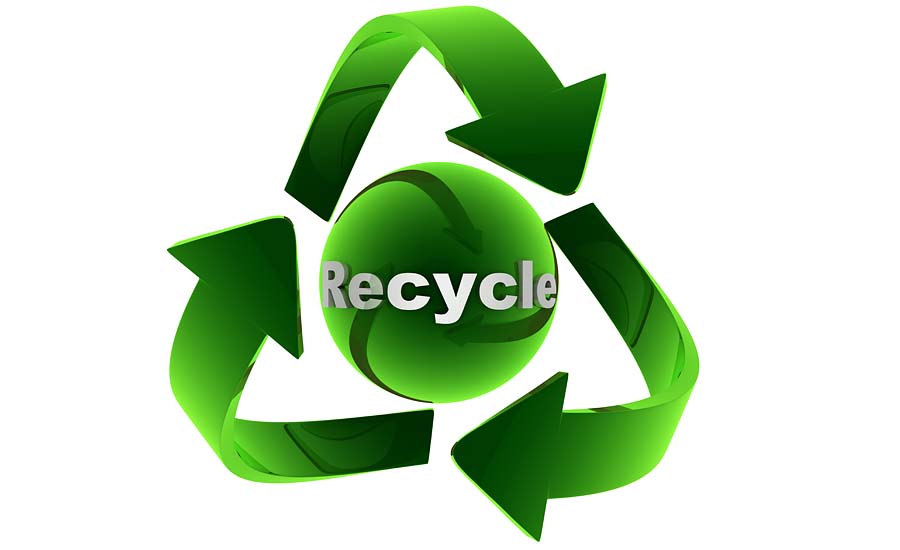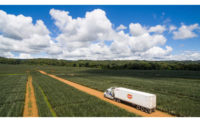Fresh Del Monte Produce presents 2019 sustainability report
Fresh Del Monte Produce is focused on further reducing its emissions footprint, achieving carbon neutrality across more of its operations and partnering with other organizations to multiply its impact.

Fresh Del Monte Produce, Coral Gables, Fla., released its 2019 sustainability report, detailing its positive impact on the environment.
“Long before it was the norm, we put sustainability at the core of who we are as a company,” says Hans Sauter, senior vice president corporate R&D, quality assurance and agricultural services. “As an agricultural company—and as human beings—we depend on the health and wellbeing of our planet. It’s our top priority, and you see it manifest in our efforts to conserve land, protect and preserve ecosystems, implement sustainable farming practices and support community growth across the globe.”
Fresh Del Monte Produce is focused on further reducing its emissions footprint, achieving carbon neutrality across more of its operations and partnering with other organizations to multiply its impact.
Some key takeaways from the report include:
- Fresh Del Monte Produce exceeded its 10-year target for reduction of energy consumption by 20% (net 12% reduction per ton of product).
- Since 2013, Fresh Del Monte Produce’s banana operations in Costa Rica (BANDECO division) have been certified as carbon neutral.
- Since fall 2019, Fresh Del Monte Produce’s pineapple operations in Costa Rica (PINDECO division) have been certified as carbon neutral.
- Fresh Del Monte Produce certified 100% of its processing facilities and distribution centers under internationally recognized food safety standards ahead of its 2020 goal.
- Fresh Del Monte Produce achieved a 12% decrease in energy per ton of product, and 21% decrease in water per ton of product, exceeding its own 2014 goals.
- In three years, Fresh Del Monte planted over 700,000 trees in its communities, working toward a goal of 2.5 million by 2025.
- Fresh Del Monte supported 150 local programs aimed at creating environment change by 2025, and provided educational opportunities to some 6,200 students since 2017.
Along with the above achievements, the report outlines Fresh Del Monte Produce’s progress in traceability, packaging, pesticide use, infrastructure development, wellness programming, wastewater treatment and myriad other topics geared toward curbing the effects of climate change.
“Much work remains, globally and locally, and we have a lot left to learn,” says Sauter. “But, we are excited by this opportunity to work toward a Better World Tomorrow, and for many generations to come.”
Looking for a reprint of this article?
From high-res PDFs to custom plaques, order your copy today!





